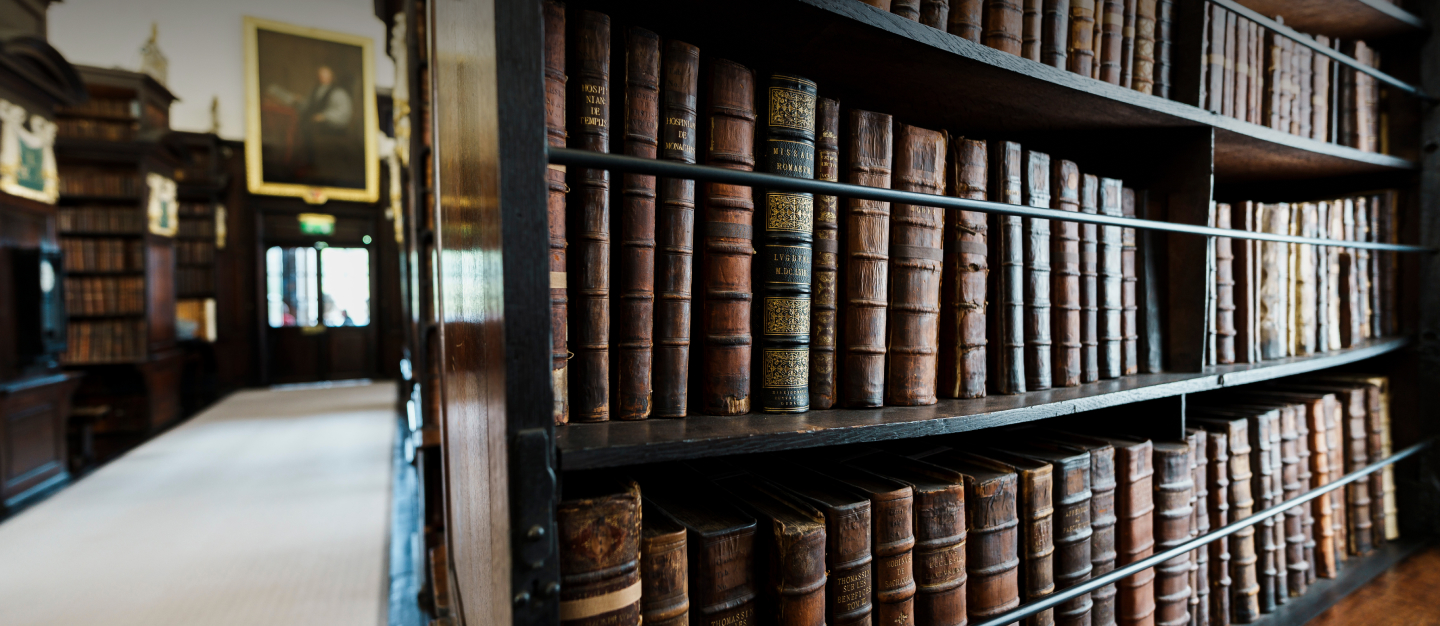| Bibliography: | Engraved frontispiece portrait of the King, folding portrait of the King before part II, medallion portrait of the Prince of Wales, woodcut headpieces, initials and ornamental lines. Ownership inscription of some members of the Carew family of Ballinamona Co. Waterford. See archival envelope for additional information. Speeches and correspondence of Charles I, 1641-1648. The first part is concerned with political affairs, the second with religious matters. Some speeches refer to affairs in Ireland at the time of the 1641 Rebellion. There are two interesting speeches relating to the Earl of Strafford's attainder; the first was delivered by the King before he passed the Bill of Attainder on May 1, 1641. He confessed that having been present at the entire process he could not personally find the Earl guilty of high treason. The second speech was delivered after Strafford's execution. The King confesses his remorse of conscience and laments that, while accepting the counsel of those who he believed wished him well, he chose the road of safety rather than justice. He believed that the sacrifice of one man was too great a price even for the peace of the kingdom. He repeated his conviction that the Earl of Strafford was not guilty of high treason, but he acknowledges the charge of misdemeanours, and his unwillingness to employ Strafford against the advice of parliament. The Kings last speech from the scaffold, June 30, 1648, is also included. N1 AR1074/1 |
|---|




